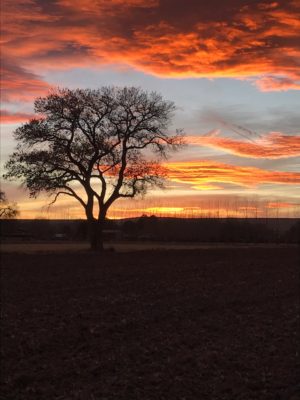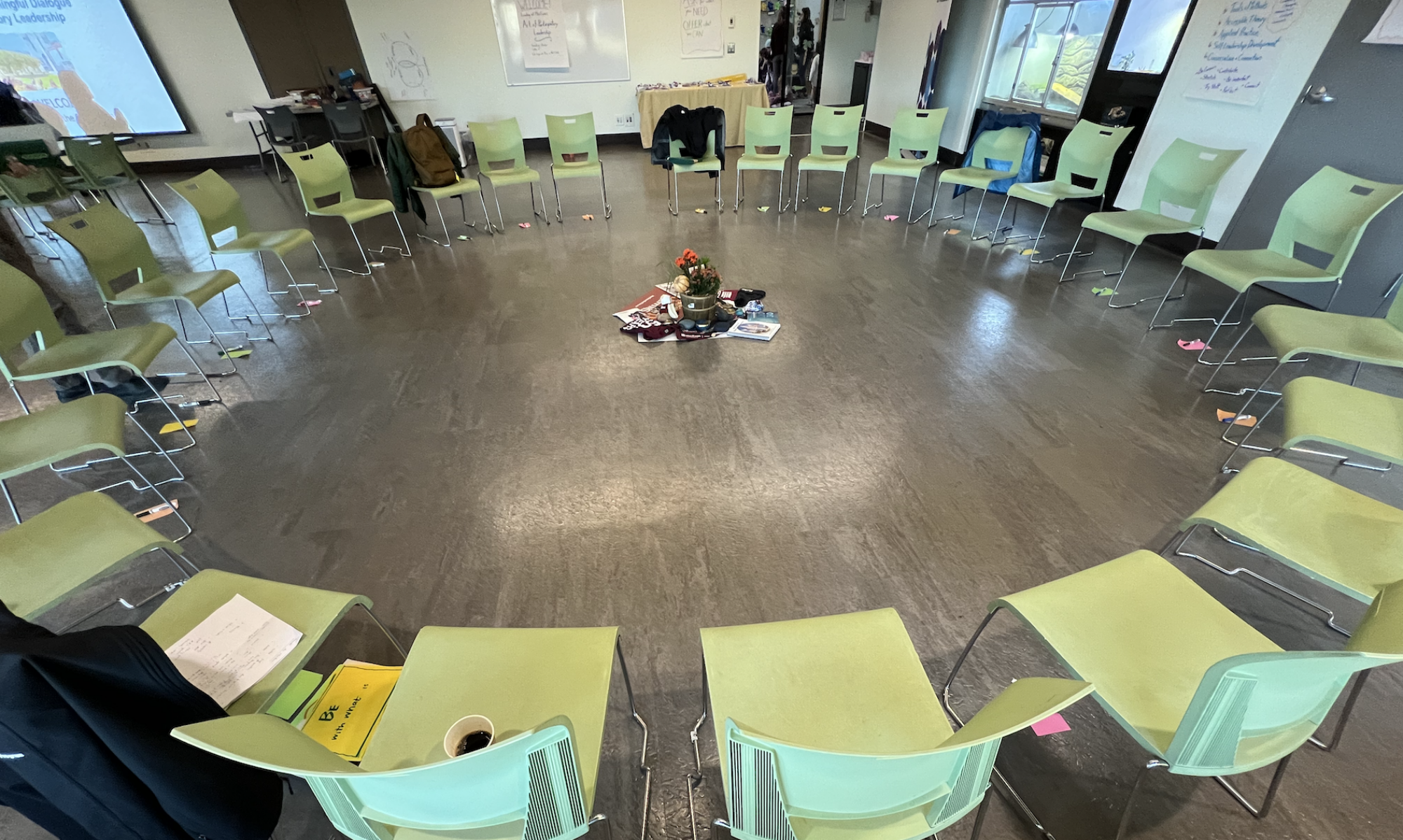
When it comes to watching the needle on your gas tank compressed against an upper-cased “E” and no fill-up station within sight, most of us find that to be a rather stressful kind of running on empty. Having been there a few times, I’m glad car makers, or at least car makers for the Honda Accord that I drive, have been generous about the reserve tank that invisibly remains even when the empty icon is at it’s brightest orange.
Though there are other connotations for empty that are rather stress-inducing, there are some that are just right. Like the kind of orange and the kind of empty in this photo that I took on the weekend, just outside of Albuquerque, New Mexico. I loved the color of this sunset, seen from walking with my friend Charles and his dog Kai on a path bordering a nearby farm. I loved the spaciousness of a bit of time with a friend in which doing less was absolutely doing more.
I experienced a reminder of another kind of empty last week in working with friends and colleagues in the United Church of Christ. There were five of us gathered to connect face to face for a day of planning. Some of it was for organizing further the Ignite Leadership Initiative that we are all stewarding. That means designing meeting formats, imagining exercises, and holding ourselves to the deeper purpose of “the thing behind the thing.” As my friend Erin spoke, “It can be a revolutionary act just to slow down.” Just-right empty.
Or there is the empty of preparing for the online class that I’m cohosting with Amanda Fenton, starting this week. It’s a four week class that meets for two hours each Tuesday. There’s a lot that we want to put in to those classes. And to be clear, a lot of good stuff that are absolute inclusions for us. But there is also an emptiness that is important in that class and in that design. Emptying is being willing to stand for a deeply centered purpose and selecting just a few stories that help hold the class in good learning and right-pacing together rather than cramming in even too many good things.
Or there’s the kind of empty that many people seek and experience in meditation. I so value the 10-20 minutes in my early mornings when I practice a slow and long breath of detachment that seems to create extra room in my heart and soul, as if I’d just moved into a bigger home with a much wider sofa. That empty of meditation stabilizes and recontexts a whole lot of full or even over-flowing on most given days.
So here’s to the empty that is just right. Whether stumbled into in a moment. Or deliberately practiced as personal soul growing. Or remembered as an access point into the good work of a team in planning. Or just walking among fields plowed but yet to be planted, near cottonwood trees basking beneath New Mexico’s utterly compelling skies.



